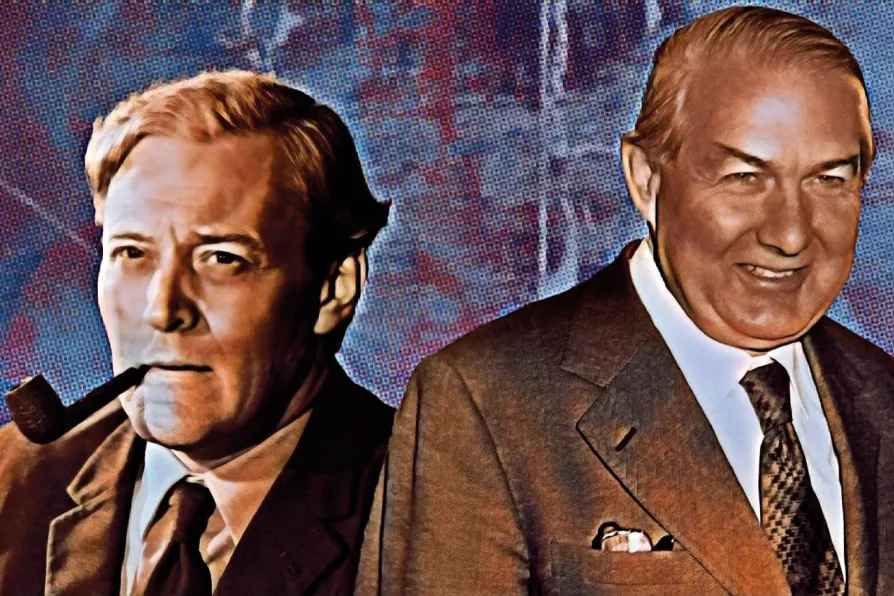As tens of thousands return to the streets for the first national Palestine march of 2026, this movement refuses to be sidelined or silenced, says PETER LEARY

 TURNING POINT: The anti-cuts plan put forward by Tony Benn (left) was rejected by James Callaghan (right) — and Labour has never looked back
TURNING POINT: The anti-cuts plan put forward by Tony Benn (left) was rejected by James Callaghan (right) — and Labour has never looked back
IN 1973 there was a military coup against a democratically elected left-wing government in Chile. It was a bloody and vicious affair (on the part of the army and its US backers) but is probably not the preferred instrument of the ruling order for regime change or, perhaps more accurately, regime changes.
Sometimes there are people who have to go or be moved to “keep the markets happy.” It happened to Tony Benn in 1975 after Labour was elected twice in 1974, February and October.
But more often it’s about policy changes. What it meant for Britain in 1976 is largely a matter of historical record and memoirs now.

Who you ask and how you ask matter, as does why you are asking — the history of opinion polls shows they are as much about creating opinions as they are about recording them, writes socialist historian KEITH FLETT

While Hardie, MacDonald and Wilson faced down war pressure from their own Establishment, today’s leadership appears to have forgotten that opposing imperial adventures has historically defined Labour’s moral authority, writes KEITH FLETT












